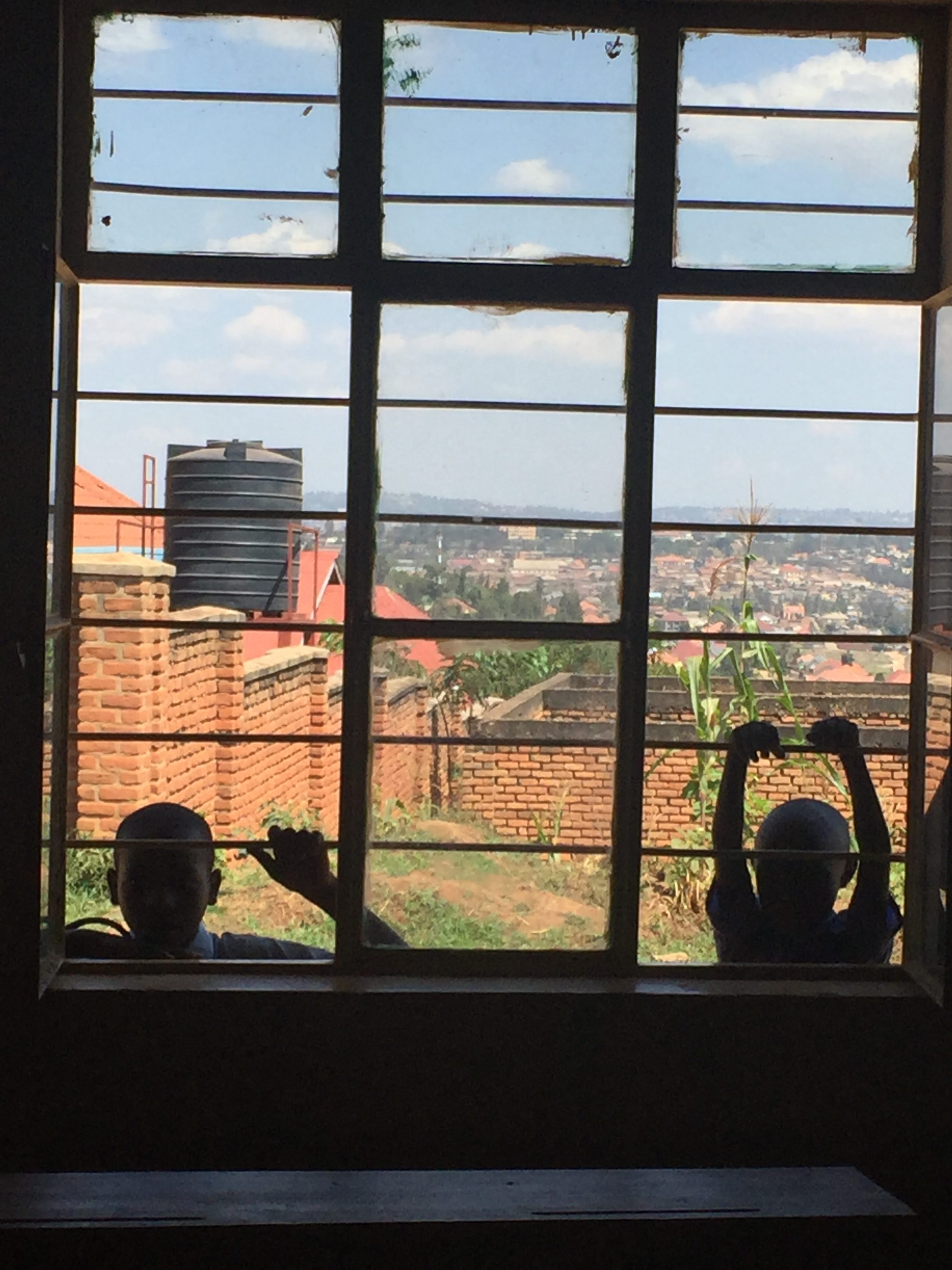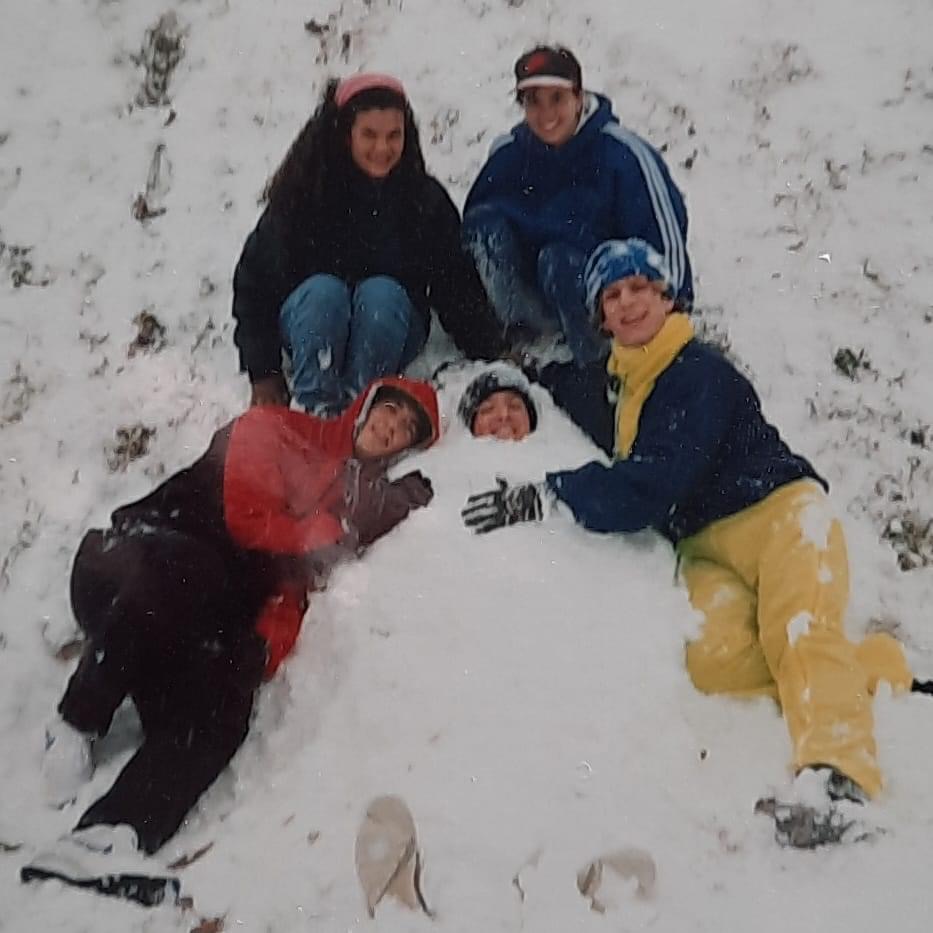Written by: Nathan Ecarma, Editor-in-Chief
The bushes at the river bank hid her face from the grim reapers but something prowled near her. A crouched tiger, sat in front of her.
This was in 1994 during the Rwandan Genocide. The Hutu, the majority tribe of Rwanda, committed genocide against the Tutsi tribe. It started when an unknown party shot down the plane that carried the current Hutu President.
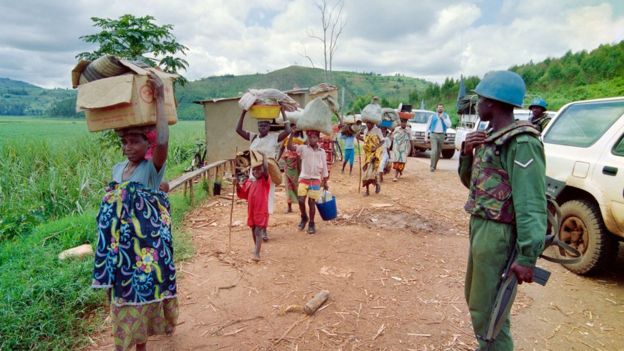
Assuming the Tutsi were behind it, extremists took action. Hutu government officials and extremists put up roadblocks and started the onslaught. They went house by house murdering any Tutsi official or any empathizers of the Tutsis. Tensions were high to the point that if a Hutu had an association with a Tutsi, the Hutu considered them the same.
Melinda Baker, a senior psychology major, worked with Yego, an organization seeking to support the helpless, especially youths, in Rwanda through the Acts Project. During her time, she counseled the woman from the riverbank.
Baker described the tribal stereotypes as the Tutsi being tall, skinny and upper class and the Hutu being shorter, heavy set and lower class. Both the Tutsi and the Hutu suffer with fractured families. The Hutu families usually have a full family who hate one another with a father on trial for playing a part in the genocide. The Tutsi families usually have one survivor.
Donata, an aged, frail woman of the Tutsi tribe spent her days sharing the grace of God. She shares a six by six shack with three other people. She sleeps on the floor on a mat with a pillow and blanket.
Donata experienced the barbarism of the genocide first hand. Hutu men abused and raped her and left her with a child. By the end of the genocide, she lost all eleven of her siblings and both parents. But before the Hutu took her life, a tiger intervened and saved her life.
During the genocide, Donata fled from the Hutus and hid at a riverbank. She prayed for a guardian angel.
“She was hiding in the bushes and a tiger approached her,” Baker said, ”sniffed her like a dog would, and she was frightened and was praying that the tiger wouldn’t eat her,” Baker said.
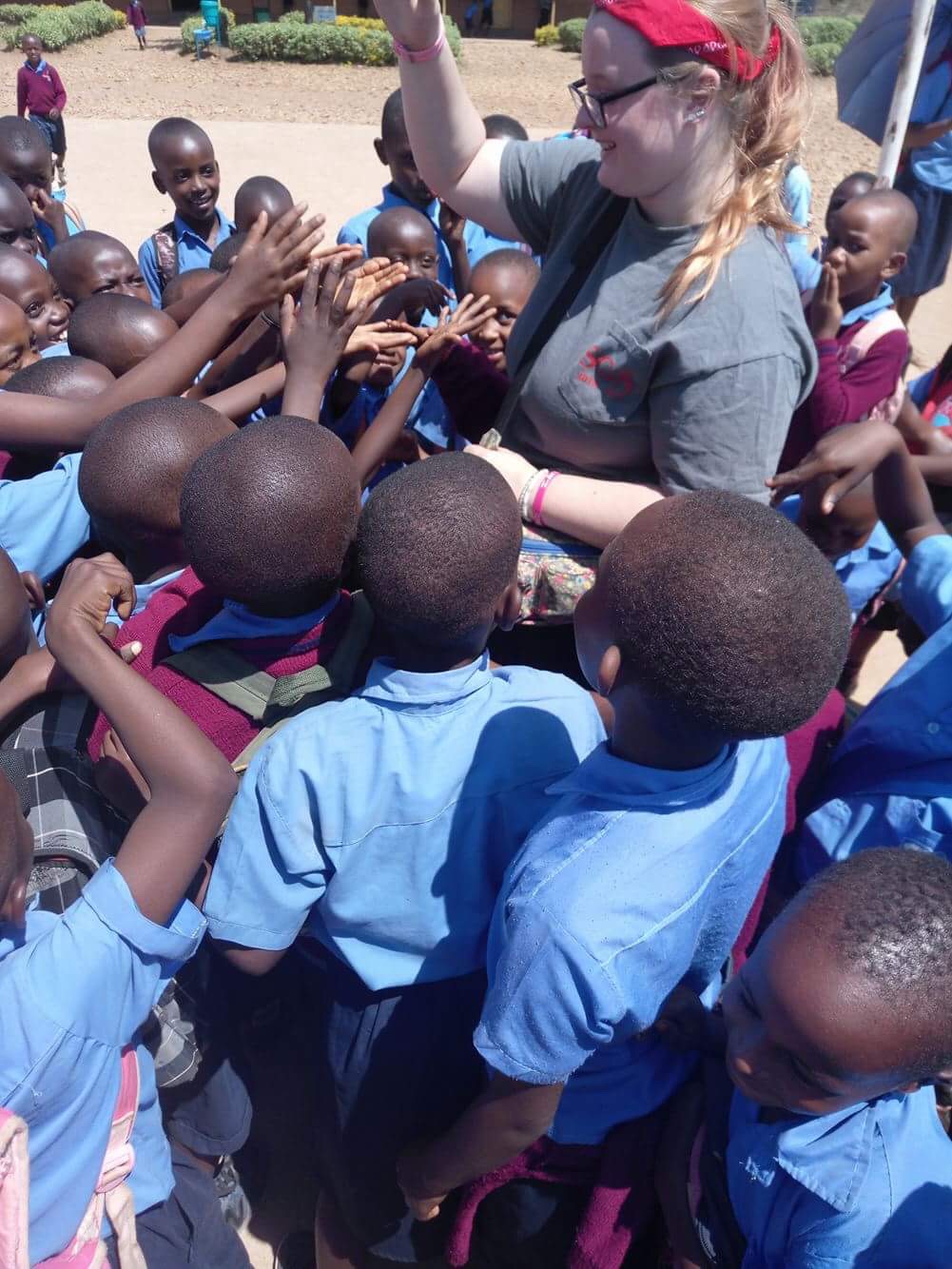
But the tiger did not harm Donata. Instead, the tiger would hunt and bring her meat. She would make a fire to cook the meat brought by the tiger. One day, the Hutu saw her at the riverbank, but the tiger frightened them away. From then on, they didn’t hunt her lest the tiger hunt them.
Donata preaches and evangelizes for a pentecostal church and sings in its choir. Baker counseled her to help heal from the genocide and her sexual abuse. “She is a walking story of God’s grace,” said Baker.
She needs monthly support, both financial and emotional. Donata found a small job, but income goes a short way in Rwanda, a nation suffering from poverty. Rent costs 7000 Rwandan francs. She has friends, a daughter and a grandchild, but still suffers the consequences of the genocide.
Many women suffer from fatalism which Baker said is due to a prosperity gospel rampant in Rwanda. They go homeless and foodless. They pray for a job and sit. They do not get up and seek work.
Baker told a story of a mother who hid from her children because she felt the shame of not being able to feed them. Because of the poverty and false spirituality, many go hungry. Baker and her crew were able to take food to the starving. But they need monthly support.
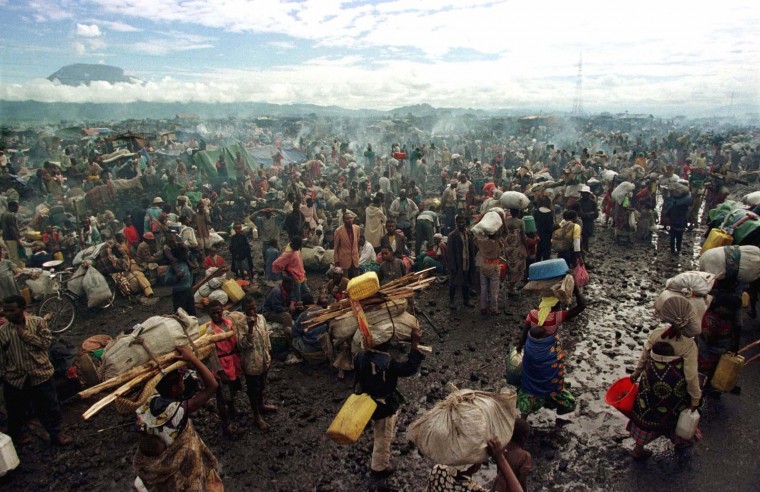
Although primarily a Christian nation, Baker said the Rwandan people lacked the intimate person of Jesus. “When we were praying for our women we had translators.” Baker said, “I would say thank you Jesus for coming and dying on the cross for our sins, and they would translate it over to be back towards [an impersonal] God. They would never really mention Jesus.”
Rwandans continue to suffer from a 23 year old genocide to the point that women and children fail to acquire basic needs. However, seeking a longterm impact, Baker and Hannah Ledford, another Bryan student who went with Baker, strategized with Yego to establish a women’s shelter. “We were able to do the brainstorming but now in order for anything to happen they’re going to have to work on it and recruit people to help.”
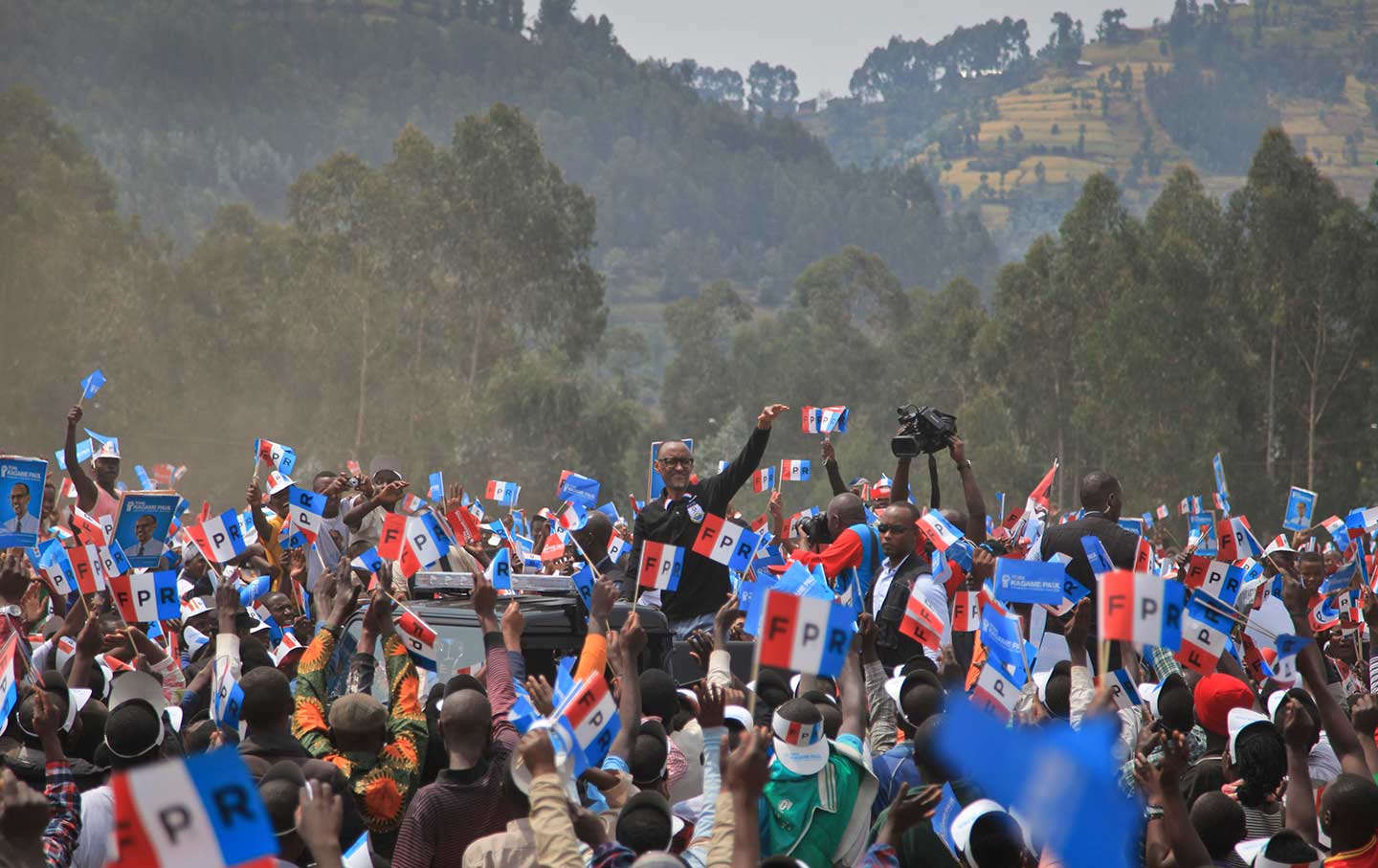
The president of Rwanda, Paul Kagame, is seeking the restoration of Rwanda. Every month, the nation participates in Umuganda (“coming together”). Baker described it as the community coming together to line produce and cut grass, restoring the environment. Kagame believes in community and that community comes through serving one another, together.
Nathan Ecarma studies Bible, journalism and language. He serves on the Worldview Initiative and as 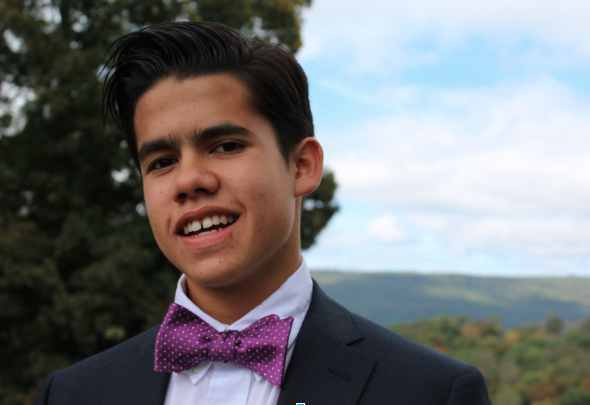 the Editor-in-Chief of the Triangle.
the Editor-in-Chief of the Triangle.

